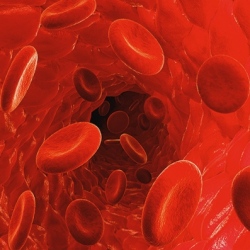
Scientists will treat people who have heart disease with cells produced by a revolutionary technique. The study is only the second clinical application of induced pluripotent stem (iPS) cells. These are created by inducing the cells of body tissues such as skin and blood to revert to an embryonic-like state.
On 16 May, Japan’s health ministry gave doctors the green light to take wafer-thin sheets of tissue derived from iPS cells and graft them onto diseased human hearts. The team, led by cardiac surgeon Yoshiki Sawa at Osaka University, says that the tissue sheets can help to regenerate the organ’s muscle when it becomes damaged, a symptom of heart disease that can be caused by a build-up of plaque or by a heart attack.
“It will excite worldwide attention, as many groups are working in the same direction,” says Thomas Eschenhagen, a pharmacologist at the University of Hamburg in Germany and chair of the German Centre for Cardiovascular Research.
The treatment will initially be given to three people over the next year. The team will then seek approval to conduct a clinical trial in around ten patients. If it proves safe, the treatment could then be sold commercially under Japan’s fast-track system for regenerative medicine.
The system, introduced in 2014, aims to speed the availability of potentially life-saving procedures. But critics say the system is flawed because it allows treatments to be sold to patients before sufficient data have been collected showing that the procedures work.
